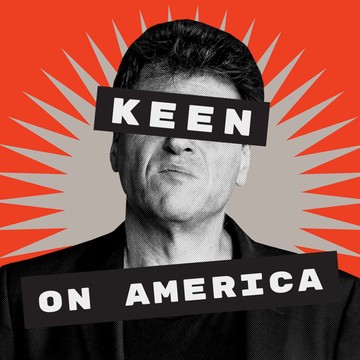
Martin Puchner
Acclaimed author and public intellectual, Byron and Anita Ween Professor of English and Comparative Literature at Harvard University. Author of books on literature, cultural history, and philosophy, including "Culture: A New World History".
Top 3 podcasts with Martin Puchner
Ranked by the Snipd community

5 snips
May 15, 2023 • 43min
Can Anyone Actually Own A Culture?
Martin Puchner, an acclaimed author and Harvard professor, discusses the blurred lines between cultural appreciation and appropriation. He argues that culture has always evolved through borrowing, and this should be celebrated rather than seen as ownership. Puchner explores historical moments of cultural transmission, the reinterpretation of artifacts like the bust of Nefertiti, and contemporary issues surrounding global phenomena such as BTS. He advocates for a model of engagement that promotes understanding and appreciation of diverse cultural practices.

Apr 8, 2025 • 59min
The crisis of the new | Stanley Fish, Claire Hynes, and Martin Puchner
Join literary critic Martin Puchner, renowned scholar Stanley Fish, and author Claire Hynes as they dive into the complex idea of originality in art. They debate whether genuine originality is achievable, considering how much creativity stems from reimagined ideas. The conversation navigates the tension between imitation and innovation, exploring how external pressures shape authenticity in creative industries. With nods to AI's role in artistry, they challenge listeners to rethink the pursuit of the 'new' and understand the value of cultural exchange in enriching creativity.

Jan 20, 2025 • 34min
Episode 2311: Martin Puchner looks forward to 2045 when the whole world will have access to high quality education
Martin Puchner is a Harvard literature professor and author known for his insights on world literature and technology's cultural impact. He discusses the transformative role of digital tech in education, making obscure texts accessible. He is optimistic about the future of learning, projecting a world by 2045 where high-quality education is globally available through AI and interactive platforms. Puchner also explores declining humanities enrollment, the paradox of reading less yet valuing it more, and the essential role of human teachers in the digital age.


